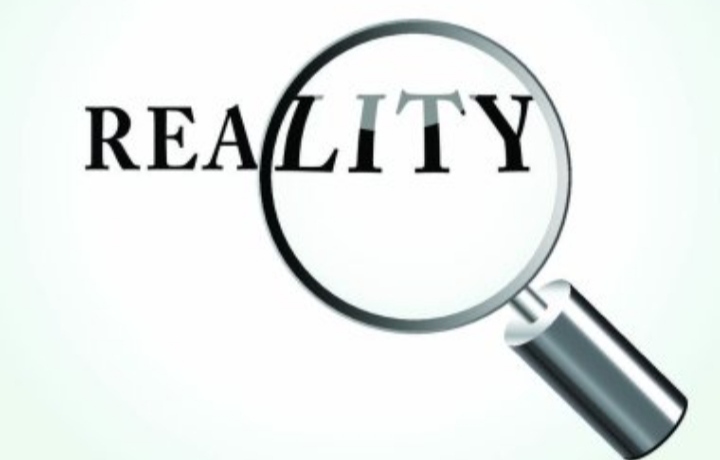
In our interconnected world, misinformation can spread like wildfire, turning whispers into roaring flames. One of the most painful experiences a person can face is when lies about them circulate in their community—whether it’s among friends, family, or colleagues. The emotional and psychological toll of being misunderstood can be profound. It leaves individuals grappling with confusion, hurt, and a sense of isolation. This article delves into the implications of being falsely accused. The effects of misunderstanding, and strategies to cope with the aftermath.
The Nature of Lies
Lies, whether blatant or subtle, are often rooted in misunderstandings, jealousy, or even boredom. They can emerge from a variety of sources, including:
- Miscommunication: A simple misinterpretation of a conversation can spiral into unfounded rumors.
- Jealousy: Sometimes, people fabricate lies to undermine others’ successes or happiness.
- Insecurity: Individuals may project their own insecurities onto others, fabricating stories to feel better about themselves.
Regardless of the source, the impact remains the same: it erodes the trust foundational to any relationship and undermines reputations.
The Emotional Toll
When people spread lies about you, the emotional fallout can be staggering. Here are some common reactions:
- Betrayal: You may feel betrayed by those who believe the lies without seeking the truth or understanding your perspective.
- Anger: Emotions can rage as a response to the injustice, leading to frustration at both the accusers and those who passively accept the misinformation.
- Isolation: The fallout can create a sense of alienation, as you may feel misunderstood and unsupported by your social or professional circles.
- Self-Doubt: Constantly hearing unfounded claims can lead to questioning your own worth and integrity.
The Ripple Effects
The consequences of lies can extend beyond individual experiences. They can fracture families, ruin friendships, and damage professional reputations. The social fabric that once held a community together can fray, as individuals take sides based on incomplete or misleading narratives.
Moreover, living in a culture where misinformation is rampant can breed cynicism. When people come to believe lies readily, it becomes increasingly challenging to discern truth from fiction. Trust is eroded, and meaningful connections become harder to establish.
Strategies for Coping
While being the subject of lies is painful, employing strategies to cope can help foster resilience:
- Seek Support: Reach out to trusted friends and family who know you well and can provide a counter-narrative to the lies. Lean on their support for validation and comfort.
- Communicate Openly: If you feel comfortable, address the rumors directly. Clear communication can sometimes dispel misunderstandings. However, be mindful of the approach you take and the potential impact it could have.
- Focus on Self-Care: Prioritize your mental and emotional well-being. Engage in activities that rejuvenate you, whether it’s exercise, creative outlets, or simply spending quiet time alone.
- Document the Truth: Keeping a record of your thoughts, events, and your side of the story can aid clarity and serve as a reminder of your integrity when self-doubt creeps in.
- Avoid Retaliation: While the urge to respond aggressively can be strong, retaliation often exacerbates the situation. Instead, focus on your truth, and let it shine through your actions.
- Professional Guidance: If the emotional burden becomes overwhelming, consider speaking to a therapist or counselor. They can provide valuable tools and strategies for coping with this type of stress.
Moving Forward
Ultimately, while you cannot control what others say or believe, you can control your reaction and how you choose to navigate the situation. Lies may stain your reputation temporarily, but resilience and authenticity can shine through even the darkest misunderstandings. Surround yourself with people who affirm your truth. Remember that the lies of others do not define your worth. In a world where misinformation can create chaos, being grounded in your authenticity can serve as a beacon of light. It guides you and others through the turbulence of misunderstanding.





